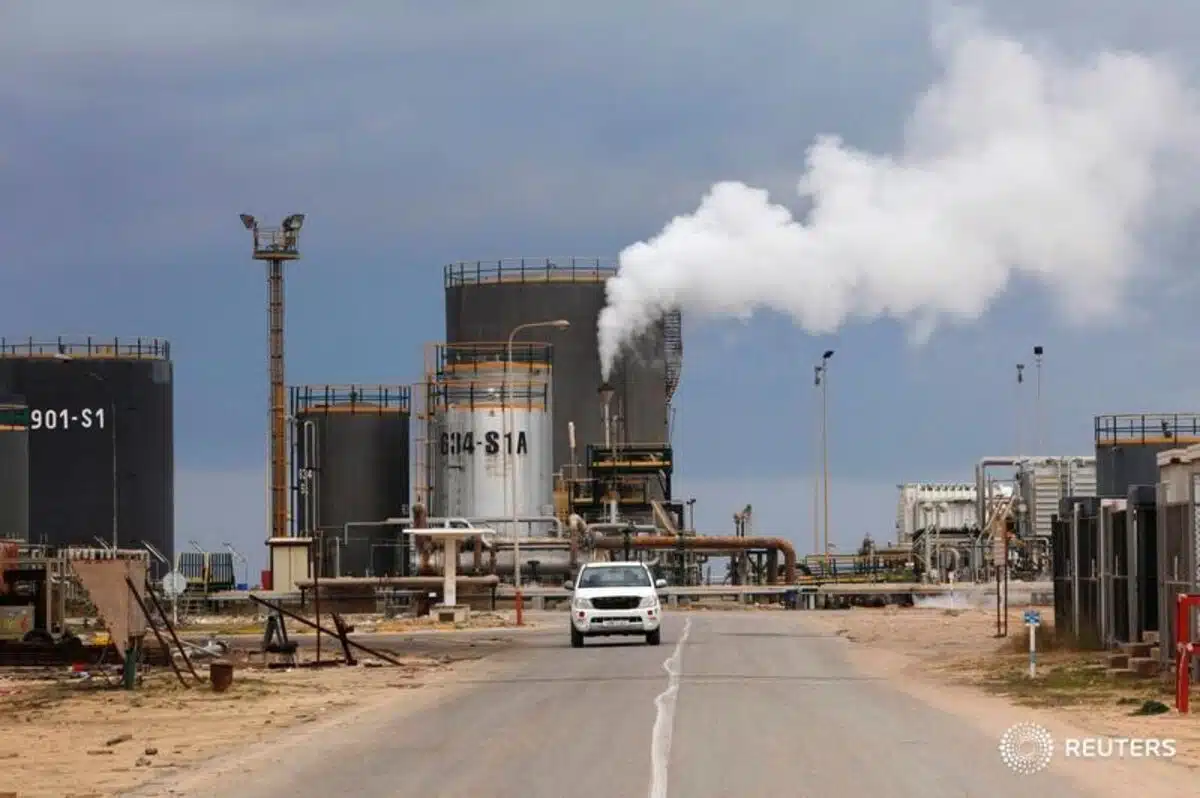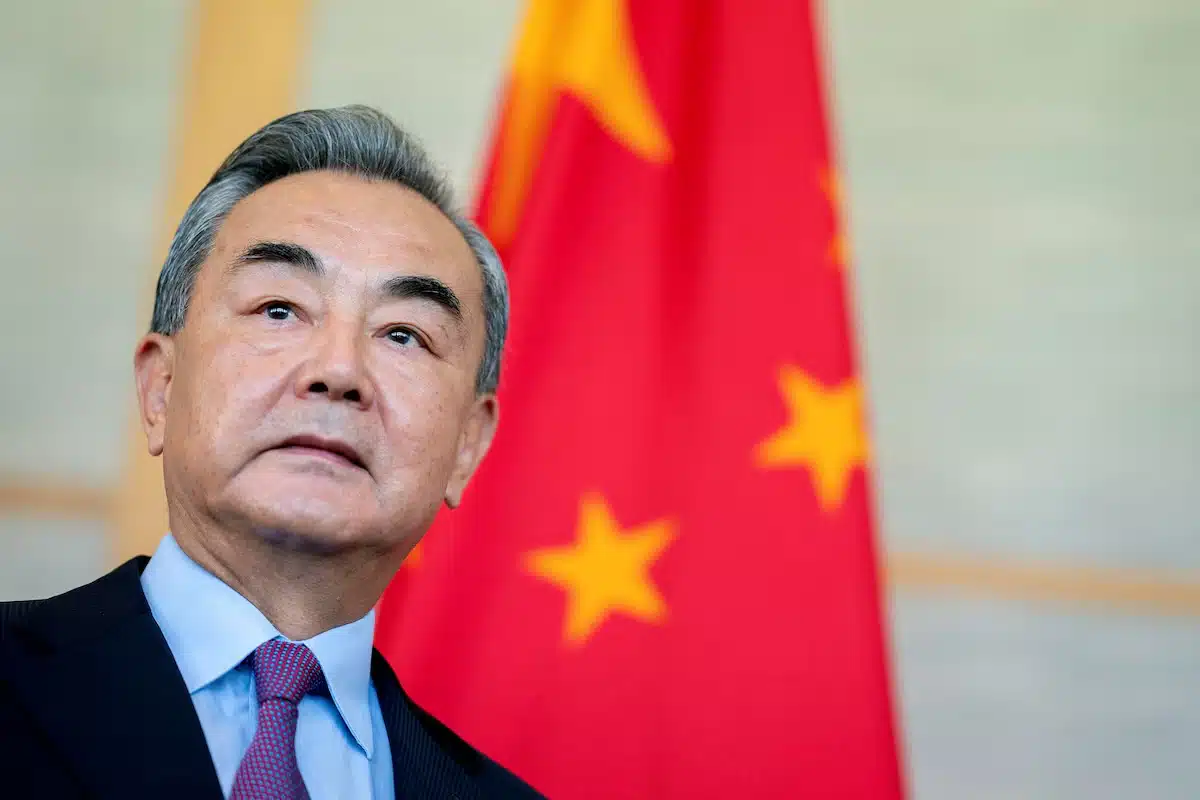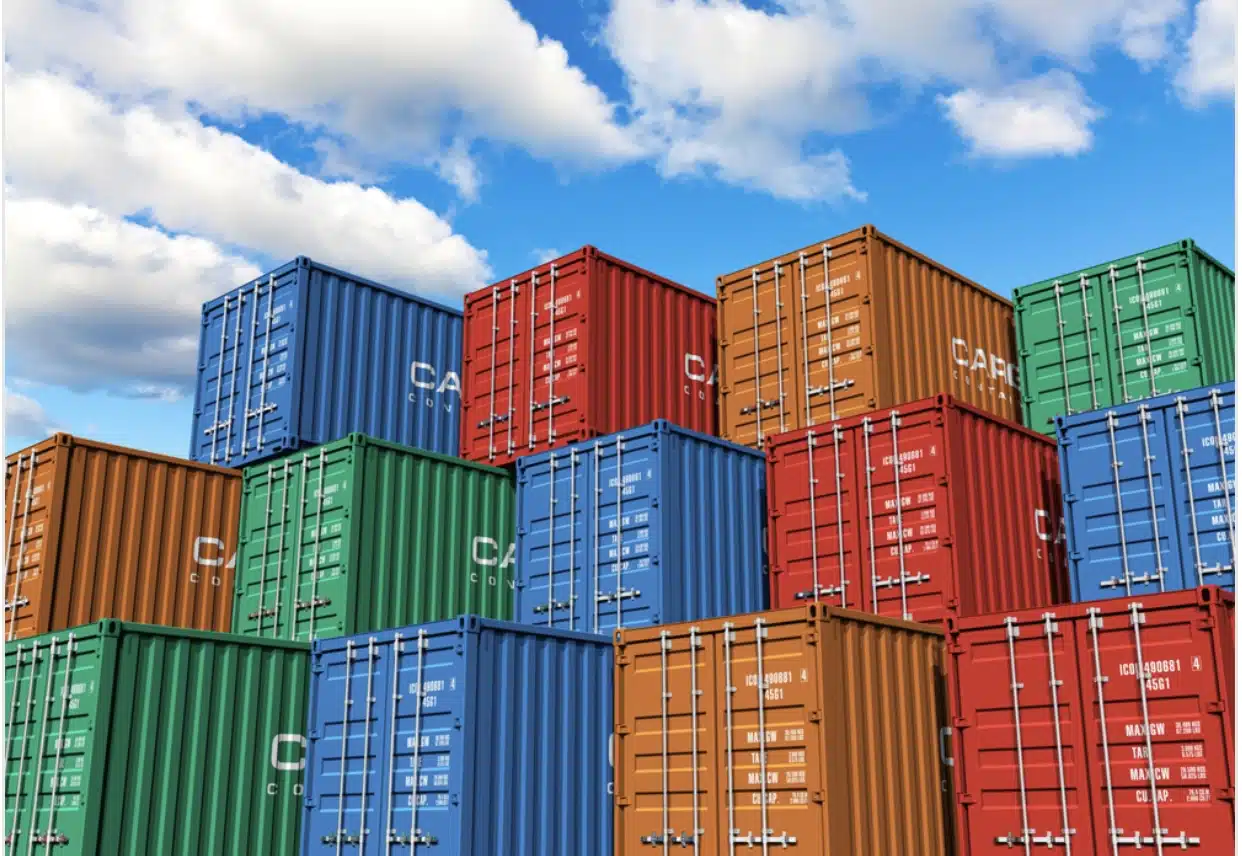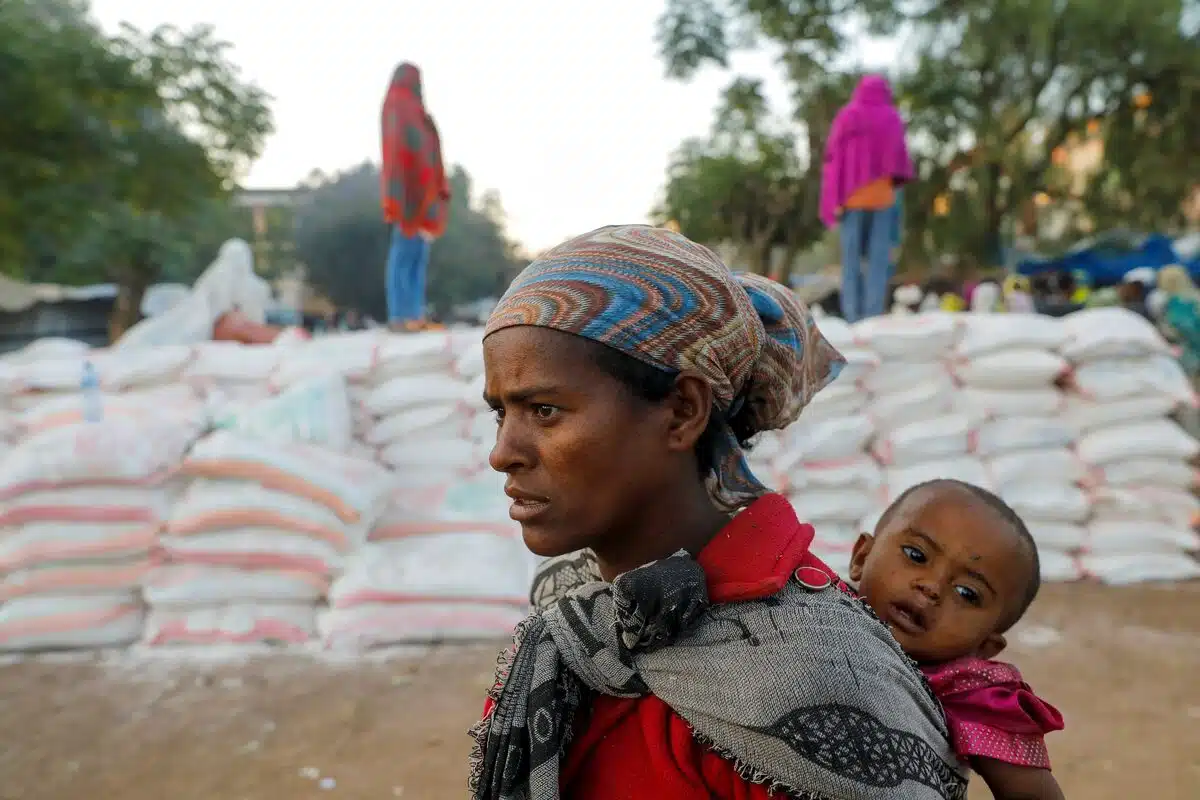Ethiopia, Africa’s second most populous nation, earned $2.48 billion in export revenue during the first quarter of the 2025/26 fiscal year, representing a 117% increase compared with the same period a year earlier.
The performance marks one of Ethiopia’s strongest quarterly showings in recent years, driven by macroeconomic reforms, policy consistency, and broad-based sectoral growth, officials said.
The announcement was made by Kassahun Gofe, Minister of Trade and Regional Integration, during the ministry’s first-quarter performance review in Addis Ababa.
Gofe noted that export earnings grew by 65% in the current fiscal year, which began on July 6, 2025, while the ministry achieved a 117% plan implementation rate — surpassing expectations and putting the country on track to meet its $9.4 billion annual export target.
“This year, the government will consolidate and raise the growth rate to nine percent through strengthening macroeconomic stability and broadening growth across key sectors,” said President Taye Atske Selassie in a national broadcast.
Although the ministry has yet to release a detailed sectoral breakdown, officials said growth was driven by traditional export pillars such as coffee, oilseeds, khat, flowers, and gold, as well as emerging value-added manufacturing exports.
Data from the Ethiopian Coffee and Tea Authority (ECTA) showed that coffee exports alone generated over $760 million, up nearly 47% year-on-year, supported by improved quality standards and higher global prices.
The rebound came despite earlier concerns about a potential slowdown following the 10% US tariff on Ethiopian coffee introduced in August 2024. While America remains Ethiopia’s fourth-largest coffee buyer, exporters have increasingly diversified into other markets, including Germany, Saudi Arabia, Belgium, and China, underscoring successful trade diversification efforts.
The upbeat export performance also coincided with three major trade milestones: the diversification of coffee export destinations, the official launch of trade under the African Continental Free Trade Area (AfCFTA), and progress toward World Trade Organization (WTO) accession.
Trade under AfCFTA officially commenced on October 9, following Ethiopia’s 2018 agreement ratification. Initial shipments included vegetables, fruits, khat, maize, beans, and coffee to Kenya, South Africa, and Somalia, with additional exports planned to Nigeria, Tanzania, Uganda, Cameroon, South Sudan, Zambia, and Malawi.
The minister said these developments are key to improving market access, enhancing export diversification, and attracting foreign investment into strategic sectors.
However, analysts caution that sustaining momentum will depend on foreign exchange stability, logistical efficiency, and climate resilience — longstanding challenges for Ethiopia’s export economy.
If current trends continue, the country could record one of its best export performances in more than a decade, boosting investor confidence and supporting the country’s newly launched capital markets.











